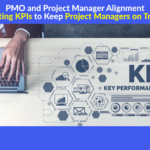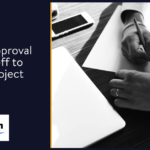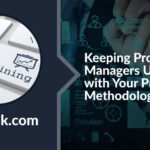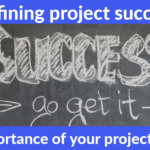You are probably wondering about the choice of title for this blog post?
 This is based on a number of observations over many years and seeing people feeling that they need to be an expert on everything to do with the project or PMO, as opposed to being smart and making use of the experts who are in the team!
This is based on a number of observations over many years and seeing people feeling that they need to be an expert on everything to do with the project or PMO, as opposed to being smart and making use of the experts who are in the team!
As you go through school, one of the primary outcomes is that you learn a number of skills that you will need. This includes the core skills such as mathematics, English (if you are an English speaking nation), etc. The approach is very much that you must learn all the required skills as it will be you and only you to take the required exam to attain the qualification. While it is important to gain these skills, it does mean that it is possible to become programmed that you have to complete and solve tasks as an individual.
So when it comes to the work environment, many are pre-programmed to think and act that they “need to know everything” and that it is a sign of weakness / incompetence to seek or ask for help. This behaviour can go on for many years.
As your career develops and you take on more challenging, larger and senior roles, you will soon realize that it is not possible to know everything. Even if you are the person with the most knowledge, the limitations of there only being 24 hours in a day means that you physically can not spend the time. As your role responsibilities expand, you have to rely and trust others to complete tasks.
There is also a risk that when you develop a idea, solution in isolation, you may miss something, there may be a fatal flaw or it just may not work for your organization. This could result in a lot of wasted time and effort.
The good news…..
You really do not have to be the person to come up with all the ideas and solve the problems. The quicker you realize this, the happier and, more productive you will be.
Working as a team is an enjoyable way to come up with ideas and then develop them. If you get the right people in the room with a wipe board, flip chart, multi media lab, etc – OK I made the last one up but you get the idea. All helping to develop the idea will result in something better than what would be developed individually. One person will say something, that triggers input from someone else, followed by a challenge, adjustment and so on.
The testing and challenge is important as it helps test the initial hypothesis. This then means that you have got something that can then be shared with a wider audience to see what further adjustments are required. This is good as most of the obvious flaws should have been identified making the proposal more credible with the wider group.
Another significant benefit of this approach is that the knowledge is shared, means others can take on ownership to further develop resulting in you having more available time – increased productivity.
Caution….
Before starting any session, make sure that there are clear objectives and ground rules. For example, if you are trying to solve a problem. Make sure that the problem is clearly articulated and everyone understands before trying to come up with solutions.
Then be mindful that some tasks need to be completed individually, it is not possible to give exact rules but it could be where this requires very unique knowledge, involves difficult / sensitive decisions, etc. However, being mindful of this will help you reach the right approach more times than not.
To close….
This is a different post to my normal ones. However, this is something many people struggle with. Realizing it is not a sign of weakness to seek the help of others who have the required skills, will result in higher quality output, increased productivity and a more enjoyment as you will be working with a team.
Relying on others does actually make you an expert…..






